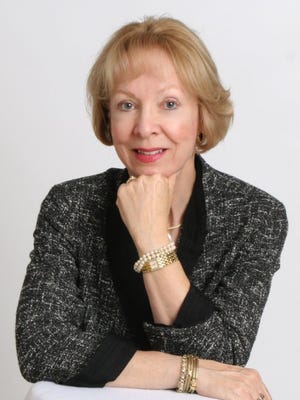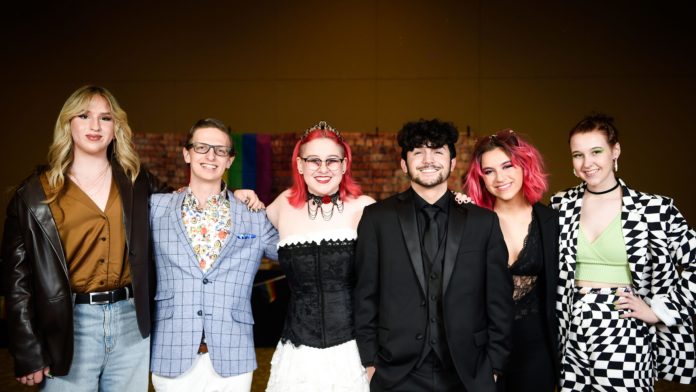The first playdate that I ever remember took place on my front porch when I was 5. A new family had arrived in our town, and the mom had become friendly with my stepmother. School was still a few weeks from starting back that fall and “Marty,” a dark-haired 6-year-old boy who was the only child of the newly arrived family, had been dropped off at our house for the afternoon.
“What do you want to play?” I remember asking, expecting him, like my brothers and most other boys I knew, to tell me that he wanted to play chase, or ball, or maybe build a fort.
“Could we maybe play … dolls?” Marty asked, clearly uneasy about his request. “But, but … if we do, don’t tell anyone, OK?

I stared wonderingly at the kid sitting in the sunshine on our stoop. Thrilled at his suggestion, I quickly promised that of course I would never tell anyone that we’d played with my dolls. And I didn’t.
Hear more Tennessee voices:Get the weekly opinion newsletter for insightful and thought-provoking columns.

Until school started.
Marty was somehow different, and it took the other kids virtually no time to start picking on him. While waiting for the bus one day early in the school year, I saw him surrounded by four or five older boys and girls all making fun of him about something, probably some element of his clothing that appeared off to them. Marty looked like he wanted to disappear.
I wish that I could turn back the decades and change what happened next.
Sensing an opportunity to appear cool to the kids who were taunting him, I joined in, heckling, “Marty plays with dolls. Marty plays with dolls!”
While the other children seemed to pay me no mind, the flash of intense hurt that crossed Marty’s face seared me as our eyes met. That gentle little boy had been a friend to me. Together, on those long-ago summer days, we’d created a make-believe world where stiff plastic mommies and daddies focused all their energies on taking good care of their children, leading them on adventures and reading storybooks to them.
I had betrayed my friend. We never spoke again even as we continued to progress through the same schools together.
By high school, it had become obvious that Marty was gay, and his effeminate characteristics exiled him to pariah status. He no longer seemed to attract much attention of any type although once or twice I heard someone refer to him by using slurs.
If only …
If only my parents, a teacher, someone at my church, an older friend, anyone or, better yet, everyone, had taught us from our earliest days in school and beyond that people come in amazing varieties and that each person’s humanity, however different from us they may be, is fully worthy of respect and acceptance. Could there be any more valuable educational precept?
To allow an innocent child to be singled out for torment based on characteristics they can no more control than they can their eye color is simply, utterly wrong. Allowing those attitudes of exclusion and persecution to continue into adulthood frays the fabric of society.
I’m convinced that early lessons in acceptance and compassion could have readily turned me around and that, more importantly, such teachings, if universal and begun early in children’s lives, would make a monumentally positive change in the ability of human beings to live on this earth in harmony.
I don’t know how Marty’s life turned out. I hope, once he was able to make his own choices, he found an accepting community, experienced great love and became in reality the wonderful dad he once played at on my porch.
Katherine Willey resides in Nashville. She was formerly a commercial banker and retired as an instructor for Nashville State Community College.








